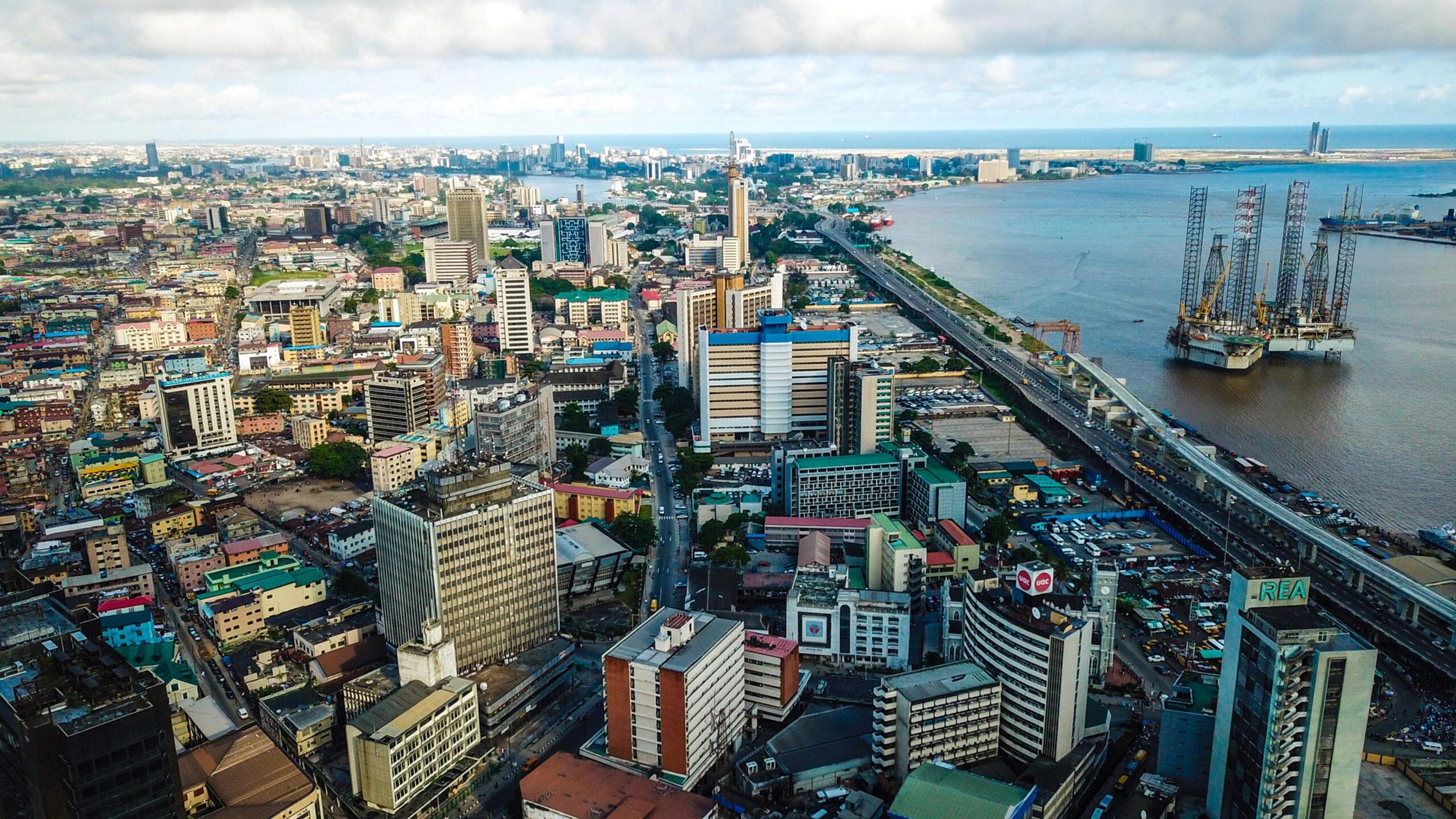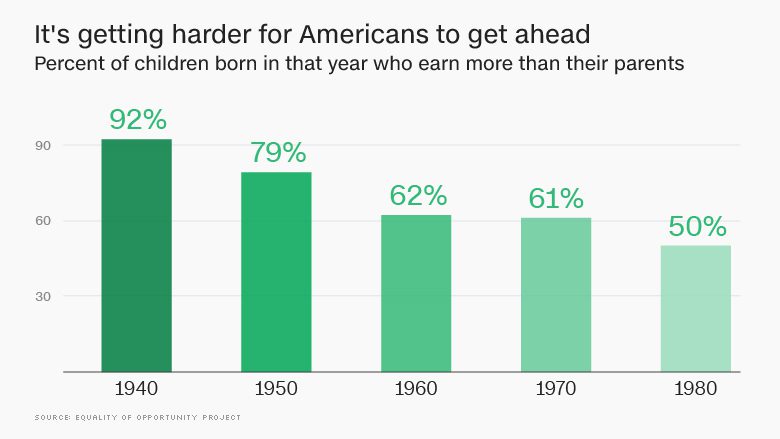The World Peace Foundation stands with the African American-led movement demanding equality and justice and denouncing police brutality.
Throughout history, Black-led justice movements—some originating in the US, but also from within Africa and across the diaspora—have resisted oppression and injustice, and have inspired others to do the same. Today is no different.
Peace cannot only be measured by conflict within or across borders; it is at stake every time justice is unraveled by violence. We see this in our existing work on global inequities and injustice. We see it in the militarization of diplomacy and politics, policing and the “protection” of civilians. We see it in the reckless abandon of solidarity with oppressed people, in the name of maintaining hierarchies of privilege.
The World Peace Foundation was established in 1910 with the objectives of promoting peace, justice and solidarity among all peoples. The Foundation has long challenged the United States to play a role in forging a more peaceful world. This work also requires that the people of the world make a more peaceful America. Integral to these aims are racial and gender equality and justice.
These principles inform all our research, advocacy and teaching.
Our work on peace in Africa has been carried out in the service of African institutions, principles and perspectives, especially the African Union and African civil society organizations. Our core principle is that African ownership of the goals and methods of peace and security are intrinsic to the achievement of peace and justice in Africa, and the future of the continent more broadly.
Our work on the arms business and corruption shines a light on how the profits of militarism undermine democracy and justice at home and abroad.
Our work on violence and political markets in Africa and the Middle East focuses on how key drivers of armed conflict and repression are linked to global processes, and how similar dynamics of the mercenarization and militarization of politics are also at work in Europe and America.
Our work on children and youth is grounded in the premise that there is more to be learned through listening to violence-impacted people and understanding the resources they bring to the work of peace, than instructing them on what to do.
Our work on mass atrocities and violence against civilians focuses on how international frameworks of “protection” might be applied to groups in the U.S., beginning with imprisoned people. This work has begun in conversation with incarcerated and formerly incarcerated people, and prisoner rights advocates, in partnership with the Tufts University Prison Initiative at Tisch College (TUPIT). The program is expanding with our research on COVID-19 in places of detention, and will continue by deepening conversations with scholars of policing and racism in the American justice system.
All our work challenges the suppositions of academic disciplines that treat the U.S. primarily as an unproblematic agent of positive global change, as a donor and implementer of programs. This perspective dominates too many discussions of security sector reform, minority rights, transitional justice, conflict resolution and economic development. Rather, we see the U.S. as a country like others; we see connections between international and domestic justice movements.
Inspired by today’s Black-led movement for justice, we commit to working with faculty and student organizations at The Fletcher School and Tufts University to support programming within our community that aims foster a better conversation and stronger action to diversify the landscapes of people and ideas that find home here. We further commit to more purposeful integration of racial and gender equality into all of our programs.
Racism runs deep in American and global history, politics and cultures. Fundamental and enduring change requires long-term and radical commitment to equality.
This is the work of peace.


